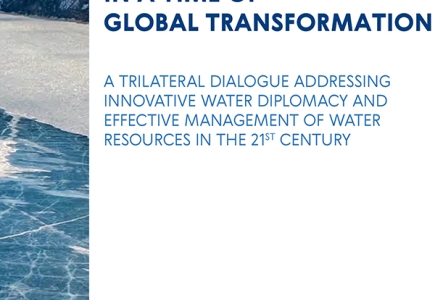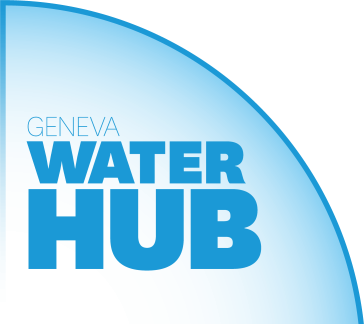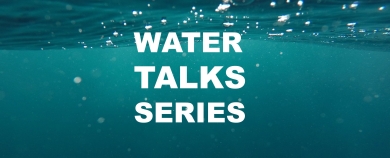
The Drama of Water in a Time of Global Transformation

The Geneva Water Hub and the International Association of the Lake Regions are proud to present this publication intended to be a reference document for actors in hydropolitics, and water diplomacy. It will be presented and discussed during the event.
This is an exciting publication. As part of the global presentations of the Global High-Level Panel on Water and Peace report, “A Matter of Survival”, the Geneva Water Hub, in partnership with The International Association of Lake Regions (IALR), was invited in 2018 to Moscow within the framework of the international conference on water diplomacy, which hosted important discussions on water, and the large potential of water resources management (vital and unique resource) and linked services for local, regional and global cooperation and peace. In the follow – up to the 2018 enriching discussions, we, Geneva Water Hub and IALR, prepared the present publication: “The Drama of Water in a Time of Global Transformation”- a trilateral dialogue between Russian experts, the International Association of Lake Regions and the Geneva Water Hub and partner experts, which we hope will be used as a reference document by actors in hydropolitics, and water diplomacy. Thirty-eight prominent experts have made their contributions to this publication, which are organized in eight substantive chapters – each of them discussing specific aspects of water today and suggesting ideas on innovative water diplomacy and effective management of water resources of the 21st century.
The full report is available below.



